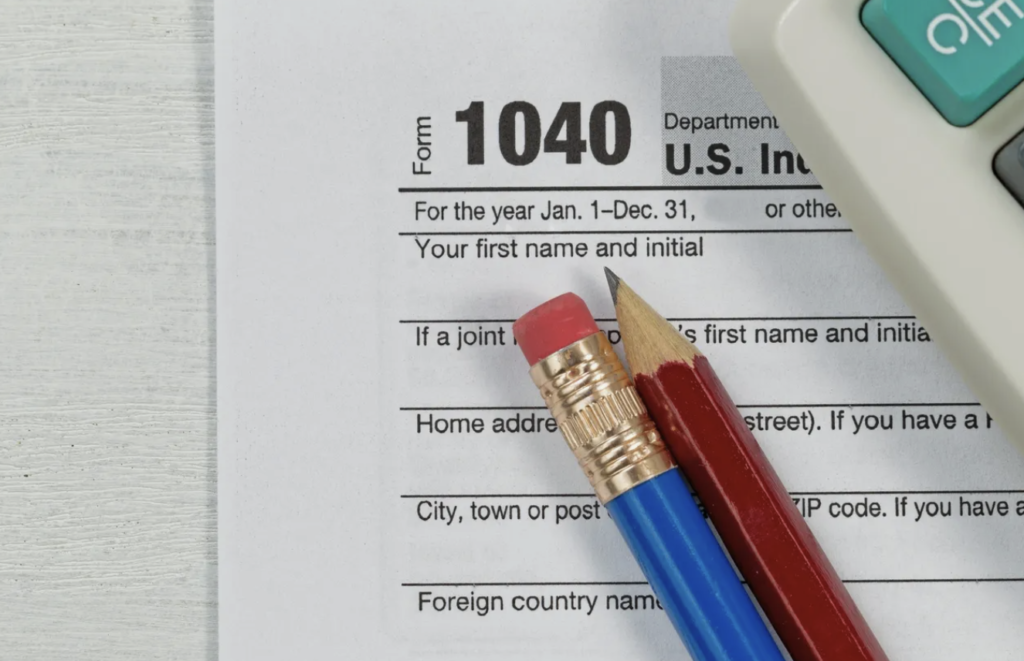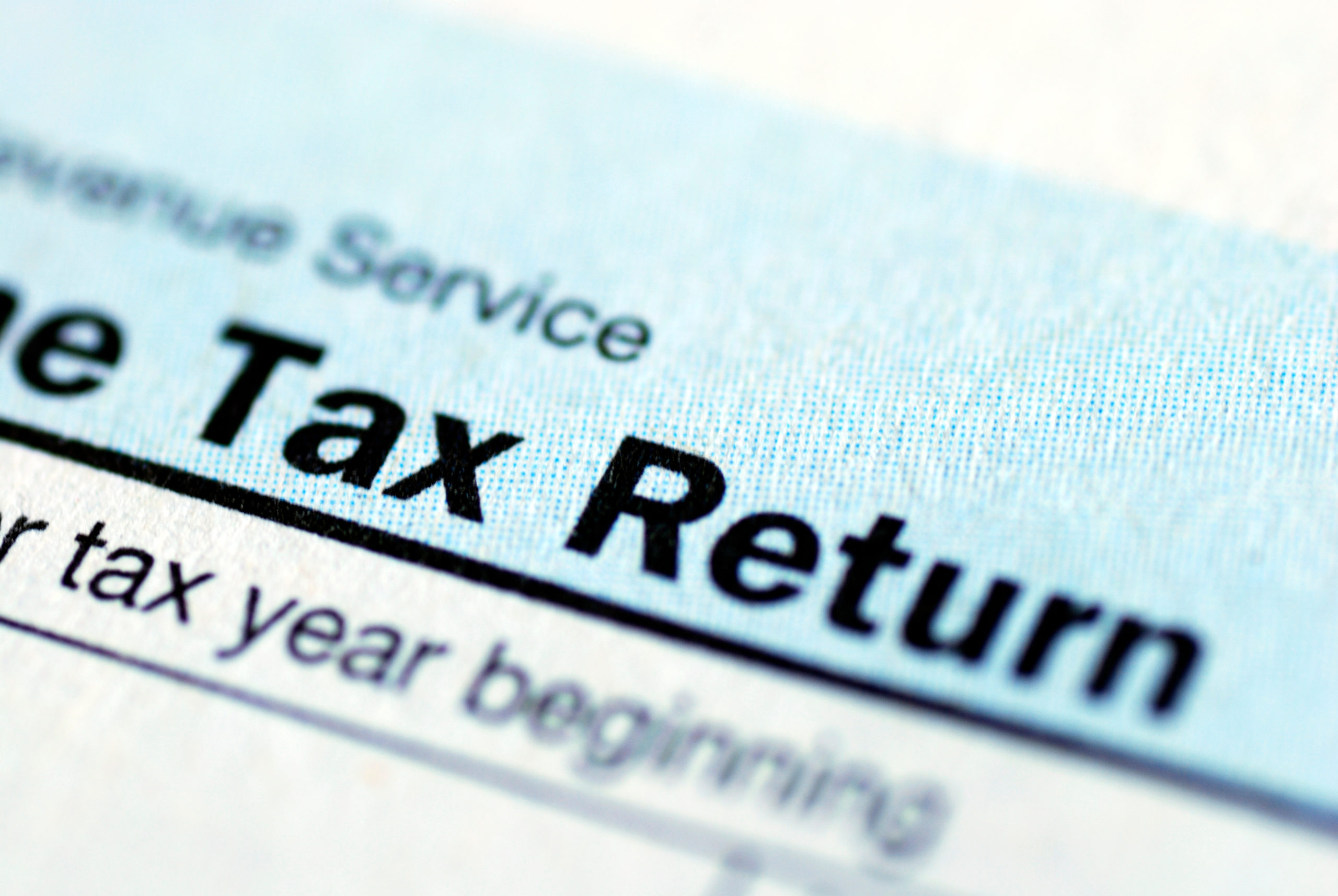
The 2021 personal income tax filing deadline was postponed one month from April 15 to May 17. Since the tax deadline is only eight days away, I thought I would cover the topic of extensions. This article will deal primarily with personal tax returns (aka Form 1040). Calendar year corporate tax returns (Form 1120) are also due May 17. Also, since this article is appearing on Mother’s Day, I would like to honor all mothers in our community and across this great nation. I trust all of you have a tremendous day and that you realize how important and vital your role is.
Unfortunately, if you if own a business that files a partnership tax return (Form 1065) or an S (Small Business, Subchapter S) Corporation, you should have filed your tax return or an extension by March 15, 2021. If you missed that deadline, the IRS late-filing penalty will apply, which is $200 per month per partner (or shareholder), which means that a business with two partners will owe $800 ($200 x 2 months x 2 partners) if they file by May 17. The penalties keep adding up, but thankfully there is a limit.
As a rule, whenever an IRS tax deadline falls on a weekend (as it does with May 15) the deadline is delayed until the next business day, usually a Monday, hence the May 17 deadline. However, I learned the hard way that financial institutions do not follow this practice. If your monthly loan payment is due on Saturday, the 15th, you need to make your payment by Friday the 14th to avoid a late fee.
If you need to file an extension for a corporation (C not S), 1) obtain IRS Form 7004, 2) complete it and 3) mail it to: Internal Revenue Service, Ogden, UT 84201-0045. Incredibly, Form 7004 does not have to be signed!
Now, back to personal tax returns. An extension for Form 1040 is filed using Form 4868. This form can be obtained online and may also be E-Filed. Part 1 of Form 4868 is simple. Here’s a shortcut for Part 2, Just fill in the amount on line 7 the tax you are paying with the extension and enclose a check payable to “US Treasury.” Then mail to: Internal Revenue Service, PO Box 931000, Louisville, KY 40293-1000. If you enter zero on line 7, then mail to: Internal Revenue Service, Kansas City, MO 64999-0002.
Here are three things to remember. First, an extension of time to file is NOT an extension of time to pay. This is an apparent conundrum. I haven’t figured my income yet, how can I know how much to pay? The IRS says guess. If you pay too much, they will refund the overpayment when you finally file your tax return.
Second, filing an extension does not increase or decrease your chance of an IRS audit. Many rumors have abounded for years. IRS computers use statistical analysis to identify likely miscreants to be audited. They also audit a small percentage of tax returns based on random sampling so that every taxpayer has a chance to be audited.
Third, keep proof you filed your extension. It is up to you to prove you filed a timely extension. Therefore, I recommend sending your extension by either Priority Mail or Certified Return Receipt Requested. Sure, it costs a little extra, but your peace of mind and potential to save thousands of dollars in late filing penalties is worth it. Remember to save your postage receipt for at least 3 years.
Sadly, a client of mine tossed his receipt once he confirmed that the USPS had delivered his tax return to the IRS service center. Unfortunately, that envelope was never processed by the IRS and my client had no proof he could show the IRS that he did everything right. It doesn’t seem fair that the IRS can charge you more taxes and penalties for an error they made, but need I remind you that it is a huge, inefficient bureaucracy? I am reminded of a college law class that introduced me to the legal concept of a “reasonably prudent person.” Please, take my advice and keep that tracking number or green postcard.
What are the consequences of not filing an extension and filing a late Form 1040?
- If the IRS owes you a refund and you file late, nothing bad happens. They enjoy using your money interest-free.
- If the IRS owes you a refund and you don’t file for a few years, the IRS is authorized to grab numbers out of thin air and file a substitute tax return on your behalf. Not surprisingly, this usually results in a big tax bill. The Collections Division will then aggressively try to collect those “taxes you now magically owe.” Historically, a notice of intent to levy your assets has a way to get taxpayers’ attention and motivate them to file old tax returns.
- If you owe taxes to the IRS and file late, your negligence will cost you. The IRS will hit you with a Late Filing Penalty of 5% of the tax due, per month. You will also be subject to a Late Payment Penalty of 0.5% per month and you will owe interest on the tax and penalties. Both penalties have limits.
As a courtesy, at my firm, it is our policy to file an extension if we did your tax return last year and your current tax return has not been accepted yet.
Aric Schreiner, CPA, PFS, is managing member of Columbia CPA Group, LLC..




